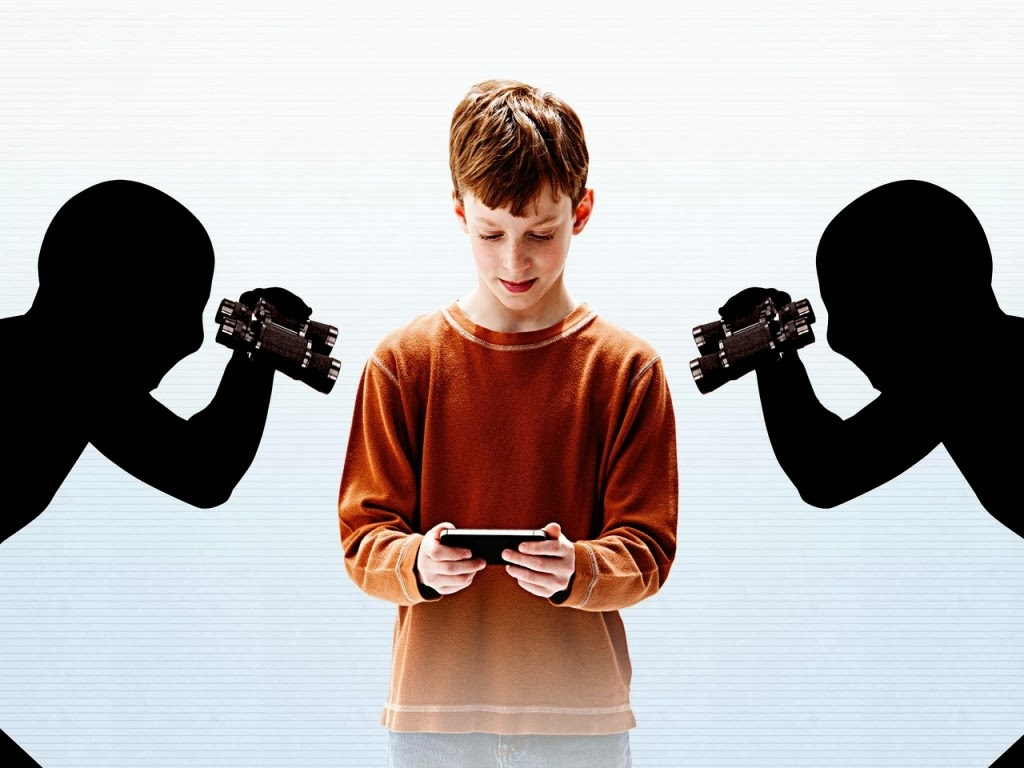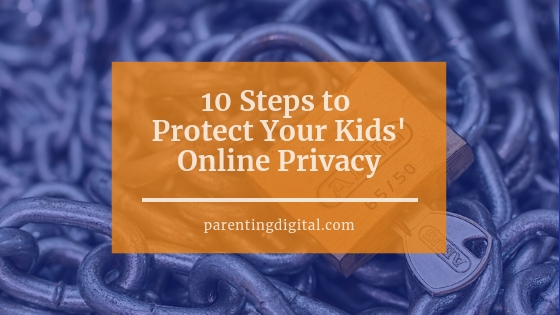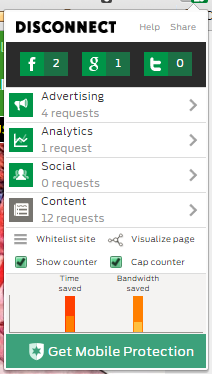

Parents aren't oblivious to these possibilities. They include photos repurposed for inappropriate or illegal means, identity theft, embarrassment, bullying by peers or digital kidnapping. "While we didn't want to create any unnecessary panic, we did find some concerns that were troublesome, and we thought that parents or at least physicians should be aware of those potential risks," Steinberg says. While states could pass laws related to sharing information about children online, Steinberg feels parents themselves are generally best suited to make these decisions for their families. There's been little research on the topic, Steinbert wrote in a law article about this issue.

"I look forward to seeing researchers expand our understanding of the issue so we can translate it into effective education and policy," he says. He sees a role for pediatricians to talk with parents about this, but believes the messaging must extend far beyond pediatricians' offices. "I think this is a very legitimate concern, and I appreciate their drawing our attention to it," Hill, a father of five, says. She pointed out that the American Academy of Pediatrics offers guidelines to parents on monitoring their children's social media use, but not the other way around, something David Hill, chair of the AAP Council on Communications and Media, expects will become an important part of AAP's messaging.Īlthough its current media guidelines do recommend that parents model appropriate social media use for their children, it does not explicitly discuss oversharing by parents. Shots - Health News No Snapchat In The Bedroom? An Online Tool To Manage Kids' Media Use
Children photo privacy free#
"At the same time, we recognize that children might have an interest in entering adulthood free to create their own digital footprint." "We're in no way trying to silence parents' voices," Steinberg says. Steinberg and Bahareh Keith, an assistant professor of pediatrics at the University of Florida College of Medicine, say most children will likely never experience problems related to what their parents share, but a tension still exists between parents' rights to share their experiences and their children's rights to privacy. Whether it's ensuring your child isn't bullied over something you post, that their identity isn't digitally " kidnapped" or that their photos don't end up on a half dozen child pornography sites, as one Australian mom discovered, parents and pediatricians are increasingly aware of the importance of protecting children's digital presence. "As children's-rights advocates, we believe that children should have a voice about what information is shared about them if possible," says Stacey Steinberg, a legal skills professor at the University of Florida Levin College of Law in Gainesville. That's precisely the approach that two researchers advocated before a room of pediatricians last week at the American Academy of Pediatrics meeting, when they discussed the 21st century challenge of "sharenting," a new term for parents' online sharing about their children. When her 8-month-old is 3 or 4 years old, she plans to start asking him in an age-appropriate way, "Do you want other people to see this?" I get to approve tags and photos of myself I want posted - why not my child?" "Now when I post photos of him on Facebook, I show him the photo and get his okay.

"We're big proponents of bodily autonomy and not forcing him to hug or kiss people unless he wants to, but it never occurred to me that I should ask his permission to post photos of him online," says Burbridge, a mom of two in Wakefield, Mass. That's when it dawned on her: She had been posting photos of him online without asking his permission. She laughed and answered, "Yes, I think I will." What he said next stopped her. But after she snapped a photo and started using her phone, he asked her a serious question: "Are you going to post that to Facebook?" When Katlyn Burbidge's son was 6 years old, he was performing some silly antic typical of a first-grader.

Children's photos that parents have posted online have ended up in advertisements and on pornography sites.


 0 kommentar(er)
0 kommentar(er)
